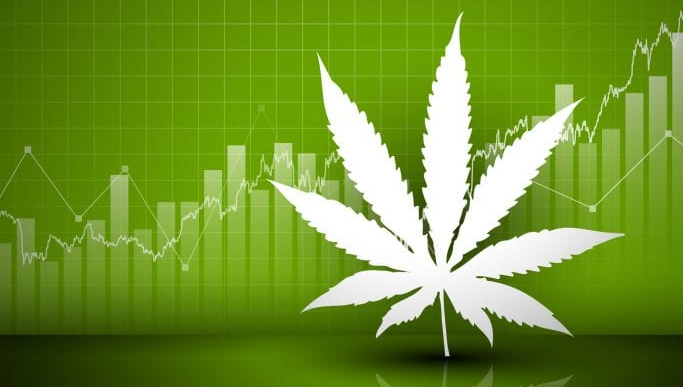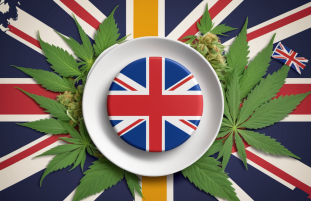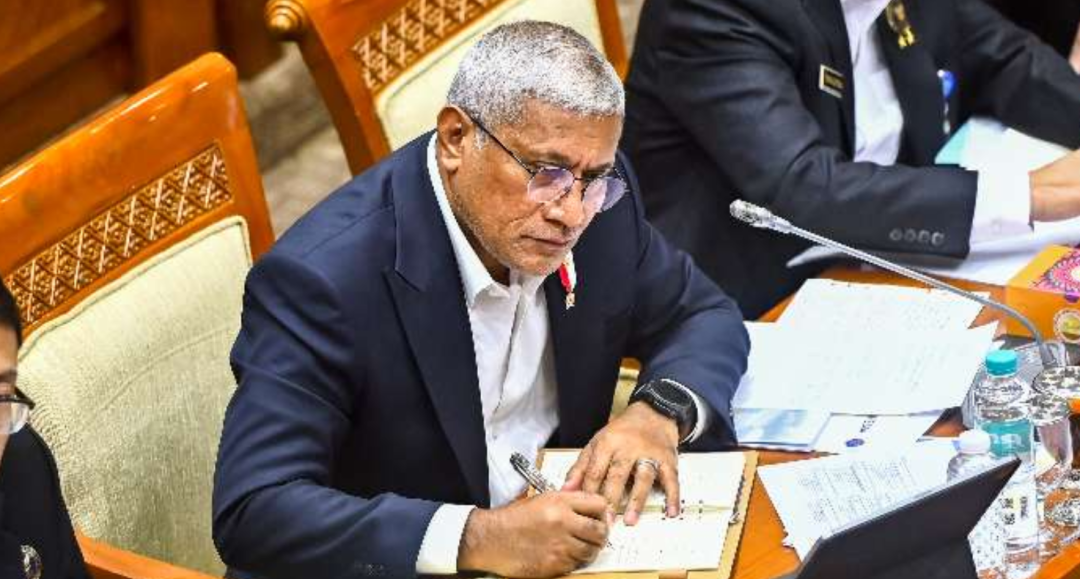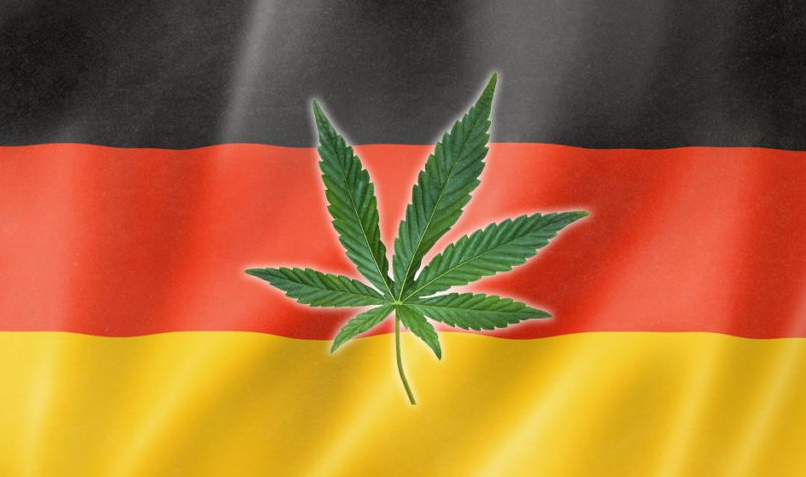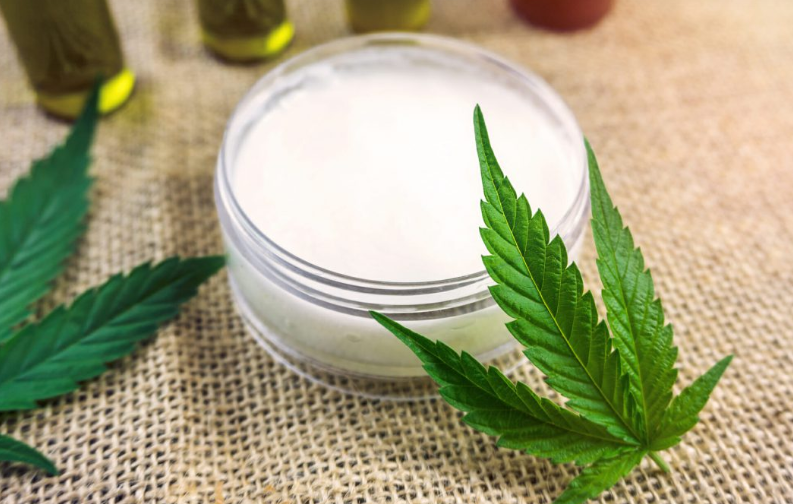1 in 44 children! C1 in 44 children! Clinical studies have shown that CBD extract can alleviate autism in childrenlinical studies have shown that CBD extract can alleviate autism in children
Autism Spectrum Disorder (ASD) is a highly complex neurodevelopmental disorder that affects communication, behavior and social interactions. With the global prevalence on the rise, there is an urgent need for effective treatments to help manage the various symptoms associated with ASD.
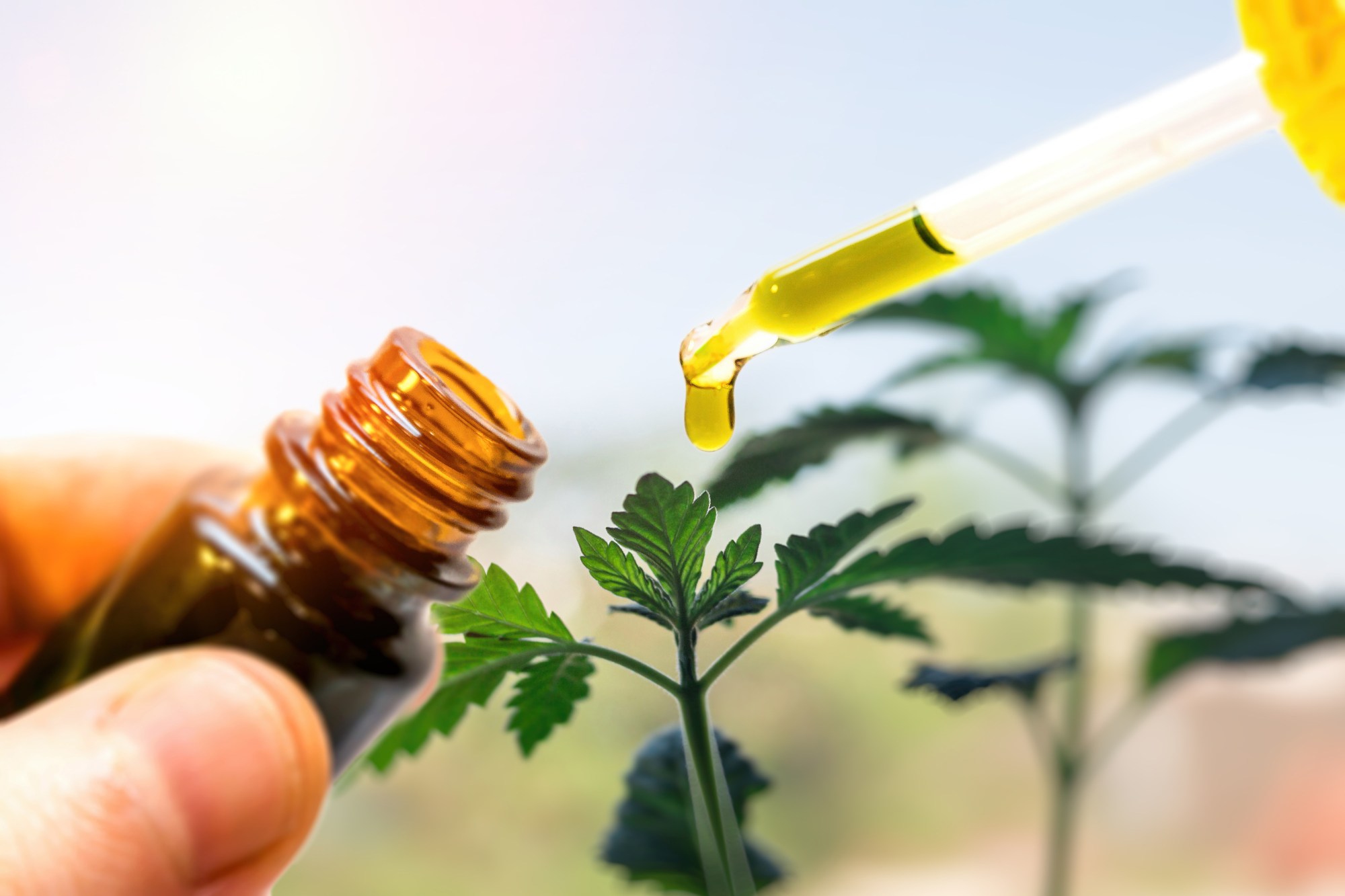
Recent studies have begun to explore the potential therapeutic benefits of cannabinoids, specifically the non-psychoactive compound cannabidiol (CBD) found in Hemp. A groundbreaking observational study conducted in Brazil provides compelling evidence that CBD-rich extracts can significantly alleviate symptoms in adolescents with autism. This article will delve into the results of the study, the implications for treatment, and the broader context of cannabinoid research in the field of autism.
Understanding Autism Spectrum Disorders
ASD encompasses a range of disorders characterized by severe challenges in social skills, repetitive behaviors, and verbal and nonverbal communication. The severity and combination of symptoms can vary widely among individuals, making ASD a spectrum disorder. According to the Centers for Disease Control and Prevention (CDC), approximately 1 in 44 children in the U.S. has been diagnosed with ASD, highlighting growing public health concerns about the disorder.
Current treatments
Currently, there is no cure for autism, and treatments usually include behavioral therapy, educational interventions, and, in some cases, medication. Medications such as selective serotonin reuptake inhibitors (SSRIs), antipsychotics, and stimulants are commonly used to control specific symptoms, including anxiety, irritability, and attention deficits. However, these medications can have side effects and may not be effective for everyone, prompting a search for alternative treatments.
The role of cannabinoids in the treatment of autism
1、Definition of cannabinoids
Cannabinoids are compounds found in the Cannabis and hanja plants. Two of the best-known cannabinoids are THC, which is psychoactive, and CBD, which is not psychoactive.CBD is of interest because of its potential therapeutic effects, including anti-inflammatory, anxiolytic, and neuroprotective properties.
2、ECS,The Endocannabinoid System
The ECS is a complex cell signaling system that plays a critical role in regulating a variety of physiological processes, including mood, memory, and immune responses.The ECS consists of cannabinoid receptors (CB1 and CB2), endogenous cannabinoids produced by the body, and enzymes that break down these compounds. Research suggests that the ECS may be involved in the pathophysiology of autism, and that modulating this system using cannabinoids such as CBD could provide new avenues for treatment.
Research on cannabinoids and autism
Preclinical studies
Preclinical studies have provided insights into the potential effects of CBD on ASD-related behaviors. Animal models suggest that CBD can reduce anxiety-like behaviors and improve social interactions. For example, studies involving rodents have shown that CBD administration can lead to increased social behavior and decreased anxiety, suggesting that it may help address some of the core symptoms of ASD.
Clinical studies
While preclinical studies are promising, clinical studies are critical to understanding how CBD-rich extracts can benefit adolescents with ASD. Several recent studies have explored this topic:
Brazilian observational study (2024)
A landmark observational study conducted in Brazil involved 60 adolescents diagnosed with moderate to severe ASD. The subjects were given a CBD-rich extract for six months. The results were encouraging, with 70% of the participants showing clinical improvements in areas such as attention, communication, and overall behavior. Notably, 74% of the subjects were able to reduce or discontinue the use of at least one prescription medication, highlighting the potential of CBD as an adjunct or alternative treatment.
Open labeling in Israel
Research An open-label study conducted in Israel evaluated the effects of CBD-rich cannabis treatment on children and adolescents with autism. The study involved 30 participants who received CBD treatment for six months. Clinical assessments, including the Autism Diagnostic Observation Program (ADOS), showed significant improvements in the subjects' social communication skills. Parents reported increased social interactions and decreased behavioral problems, suggesting that CBD may have a positive impact on the quality of life of adolescents with autism.
Case report of an adolescent with autism
A case report details the experiences of an adolescent with autism who exhibited aggressive behavior and hyperactivity. After incorporating terpene-rich CBD oil into his treatment regimen, the patient's aggressive behavior completely disappeared. Notably, this reduced his CBD dose by more than half, suggesting that targeted formulations can enhance the therapeutic effects of cannabinoids while minimizing side effects.
Italian observational study
An observational study conducted in Italy involved 50 children with autism who received whole-plant cannabis extract with a 20:1 ratio of CBD to THC. Results showed that 61% of the participants experienced significant improvements in behavioral outbursts. Parents reported enhanced emotional regulation and decreased aggression, further demonstrating the potential of CBD-rich extracts in managing challenging behaviors associated with autism.
Mechanisms behind the therapeutic effects of cannabidiol
The therapeutic effect of CBD-rich extracts in adolescents with ASD may be attributed to several mechanisms:
Anxiolytic properties:
Both preclinical and clinical studies have shown that CBD can reduce anxiety. By alleviating anxiety symptoms, CBD may help improve social interactions and communication skills in adolescents with ASD.
Neuroprotective effects:
The neuroprotective properties of CBD may help protect brain health and development, potentially benefiting adolescents with neurodevelopmental disorders such as ASD.
Serotonin Regulation:
CBD may affect serotonin receptors, which play a key role in mood regulation. This may help address the co-morbid mood disorders that are often seen in people with autism.
Reducing inflammation:
Inflammation is closely linked to a variety of neurodevelopmental disorders.The anti-inflammatory effects of CBD may help improve the overall health of adolescents with ASD.
Potential benefits of cannabidiol-rich extracts
Improved Behavioral Outcomes
The above study suggests that CBD-rich extracts may significantly improve behavioral outcomes in adolescents with ASD. Parents and caregivers reported reductions in aggression, hyperactivity, and self-injurious behaviors, which are common challenges faced by individuals on the autism spectrum.
Enhancing Social Interaction
Social communication is often a major difficulty for adolescents with autism. Evidence suggests that CBD may help improve social skills and promote better interactions with peers and family. By reducing anxiety and promoting a sense of calm, CBD can create an environment conducive to socialization.
Reducing anxiety and stress
Anxiety is a common problem among young people with autism.The anxiolytic properties of CBD may help to alleviate symptoms of anxiety, allowing people to cope with social situations with greater ease. A reduction in anxiety may improve the overall quality of life for the individual and increase participation in social activities.
Improved Sleep Quality
Many adolescents with autism experience sleep disturbances, which can exacerbate behavioral problems and affect overall health. Preliminary research suggests that CBD may help improve sleep quality by promoting relaxation and reducing anxiety. Better sleep may, in turn, improve mood and behavior during the day.
Improving Quality of Life
Ultimately, the goal of any treatment is to improve the quality of life for people with autism and their families. Positive results reported in studies involving CBD-rich extracts suggest that these therapies may help improve the overall quality of life for young people with autism. Improved behavior, social interactions, and emotional regulation can lead to more fulfilling relationships and experiences.
Safety of CBD
One of the significant benefits of CBD-rich extracts is their safety. Unlike many psychotropic medications that can produce a range of side effects, CBD is usually well-tolerated. Common side effects may include fatigue, diarrhea, and changes in appetite. However, these effects are usually mild and transient.
Dosage and Administration
Determining the appropriate dose of CBD for an adolescent with autism can be difficult because individual responses vary widely. Most studies have used a range of doses, and caregivers must work closely with healthcare professionals to develop an appropriate treatment regimen. It is often recommended to start with a low dose and then gradually increase the dose while monitoring the effects.
Legal and regulatory considerations
The legal status of CBD varies from region to region and caregivers should be aware of the regulations governing its use. In many places, CBD derived from hanja (with a THC content of less than 0.3%) is legal, while cannabis products with higher THC content may be more strictly regulated. It is critical for families to ensure that they can obtain CBD products from quality sources that provide product testing reports from third-party testing labs to verify purity and potency.
Combination with other treatments
CBD should not be viewed as a stand-alone treatment for ASD, but rather as a potential adjunct to existing therapies. Families should work with healthcare providers to incorporate CBD into a comprehensive treatment plan that may include behavioral therapies, educational support, and other interventions, among others.
The Future of Cannabinoids for Autism
Positive results from the Brazilian study could pave the way for wider acceptance of cannabinoid therapy in autism treatment. As public interest in alternative therapies grows, healthcare providers and researchers must work collaboratively to ensure that patients receive safe, effective, and evidence-based treatments.
In conclusion, the evidence supporting the use of CBD-rich extracts to alleviate symptoms in adolescents with autism is very promising. While more research is needed to reach a definitive conclusion, existing studies suggest that CBD can improve behavioral outcomes, enhance social interactions, reduce anxiety, and ultimately improve the quality of life for adolescents with autism.
When families consider CBD as a treatment option, it is important to think carefully and work closely with healthcare professionals to develop an individualized and comprehensive treatment plan. Finding effective interventions for adolescents with autism can be challenging, but the potential of CBD-rich extracts offers hope to many families seeking relief from the symptoms of this complex disorder.
All in all, while CBD is not a cure for autism, it represents an important step forward in the search for effective therapies that can help individuals with autism lead happier, more fulfilling lives. As research continues to unfold, the prospect of integrating CBD into the broader field of autism treatment grows brighter.



